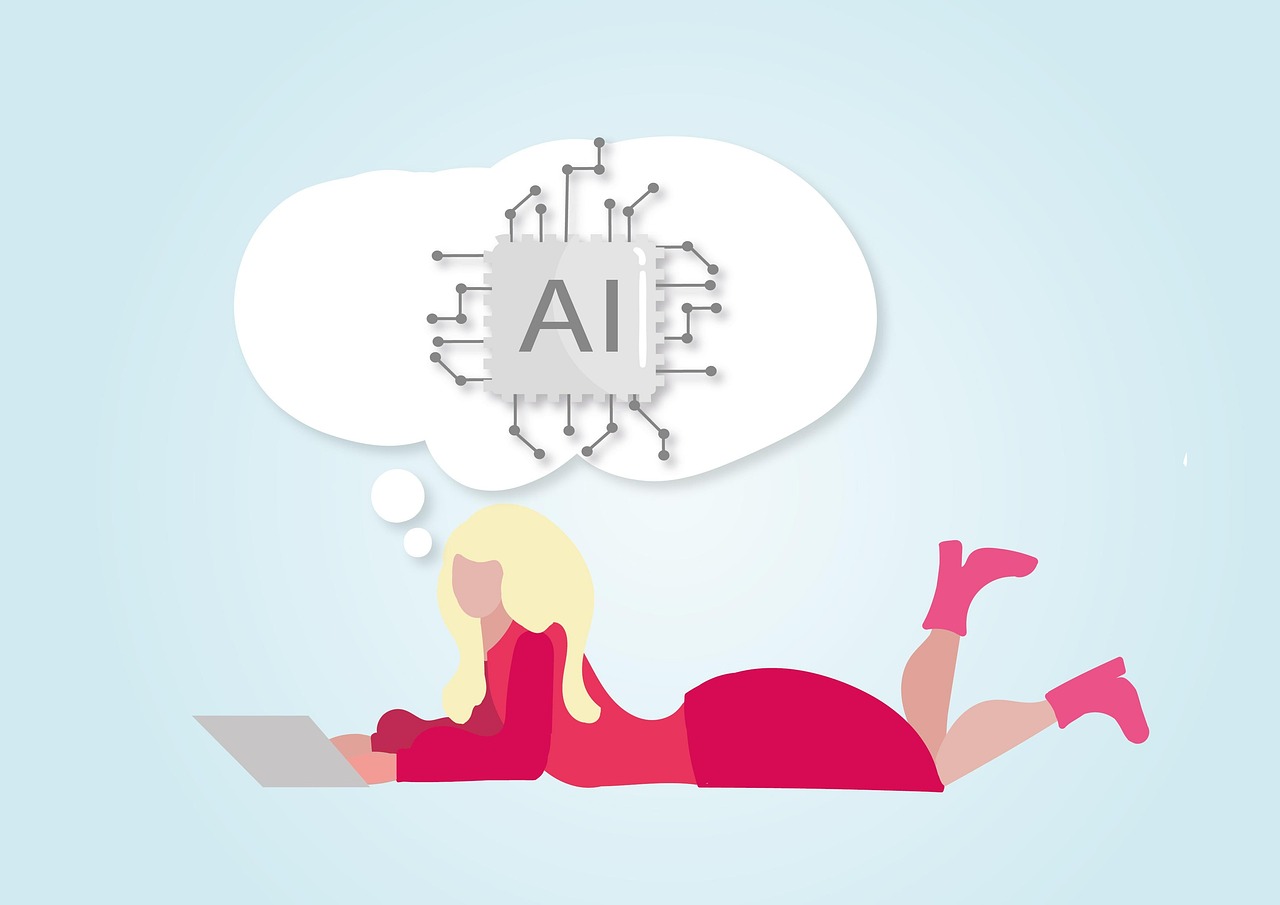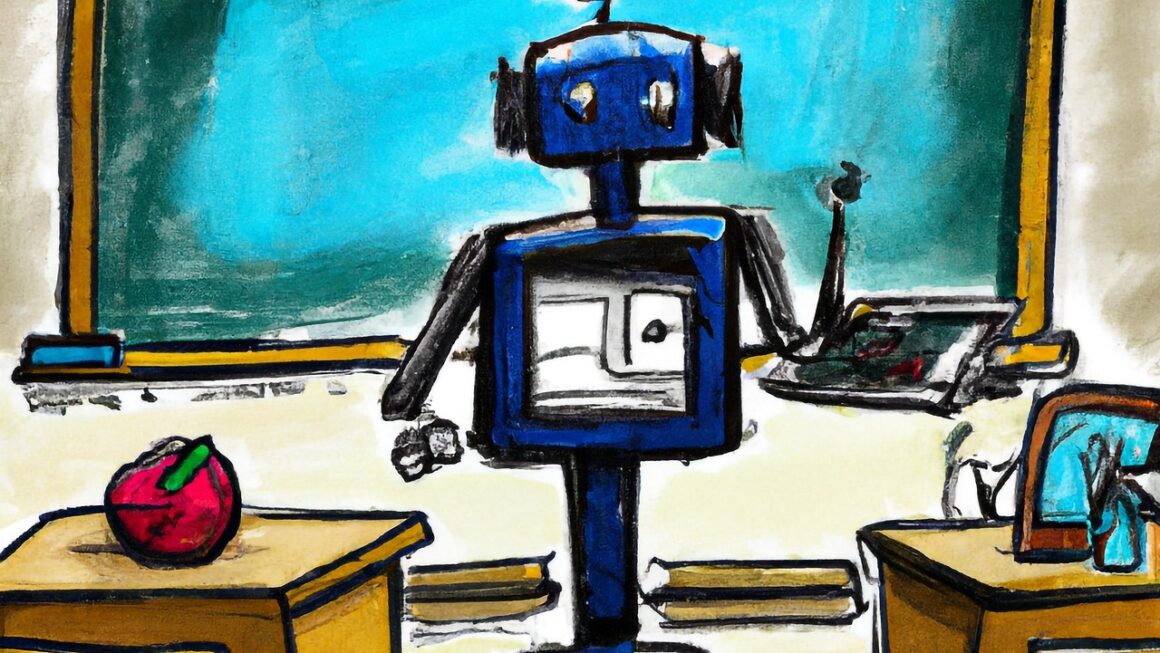The AI revolution is here, and at its forefront are dynamic AI startups disrupting industries from healthcare to finance. These innovative companies are leveraging the power of artificial intelligence and machine learning to solve complex problems, create new opportunities, and reshape the future. This blog post delves into the exciting world of AI startups, exploring their key trends, challenges, and how they are transforming various sectors.
What Defines an AI Startup?
Core Technologies
An AI startup fundamentally differs from a traditional tech startup in its reliance on artificial intelligence as its primary technology. These startups are built on developing and implementing AI-driven solutions. Key technologies they employ include:
- Machine Learning (ML): Algorithms that allow systems to learn from data without explicit programming.
Example: A startup using ML to predict customer churn for subscription-based businesses.
- Deep Learning (DL): A subset of ML that uses artificial neural networks with multiple layers to analyze data with more complexity.
Example: A startup creating AI-powered diagnostic tools for medical imaging using deep learning models.
- Natural Language Processing (NLP): Enabling computers to understand, interpret, and generate human language.
Example: A startup developing a chatbot for customer service using NLP to understand customer queries and provide relevant responses.
- Computer Vision: Allowing computers to “see” and interpret images and videos.
Example: A startup building autonomous robots for warehouse management using computer vision to navigate and identify objects.
- Robotics: Integrating AI with physical robots to automate tasks.
Example: A startup developing AI-powered surgical robots for precision and efficiency in medical procedures.
Business Models
AI startups adopt diverse business models depending on their target market and solutions:
- Software as a Service (SaaS): Offering AI-powered software solutions on a subscription basis. This is a common model due to its scalability and recurring revenue.
Example: An AI startup offering a SaaS platform for marketing automation, using AI to optimize ad campaigns and personalize customer experiences.
- Platform as a Service (PaaS): Providing a platform for developers to build, test, and deploy AI applications.
Example: A startup offering a PaaS that provides pre-trained AI models and tools for developers to integrate AI into their own applications.
- AI Consulting Services: Offering expertise and solutions on leveraging AI for specific business needs.
Example: A startup providing AI consulting services to help businesses implement AI solutions for supply chain optimization or fraud detection.
- Direct Product Sales: Selling physical products powered by AI.
Example: A startup selling smart home devices with AI-powered voice control and automation.
Key Trends in the AI Startup Ecosystem
Generative AI Boom
The rise of Generative AI, particularly models like GPT-3, DALL-E 2, and Stable Diffusion, has sparked a wave of startups building applications across various domains:
- Content Creation: Generating text, images, music, and code automatically.
Example: Startups creating AI-powered tools for marketers to generate ad copy, blog posts, or social media content.
- Drug Discovery: Accelerating the process of identifying and developing new drugs.
Example: Startups using generative AI to design novel molecules with desired properties for drug candidates.
- Personalized Learning: Creating customized educational experiences for individual students.
Example: Startups using generative AI to create personalized learning plans and adaptive assessments based on students’ needs and progress.
AI for Sustainability
AI is increasingly being used to address environmental challenges and promote sustainability:
Beyond Unicorns: Building Resilient Tech Startups
- Energy Optimization: Using AI to optimize energy consumption and reduce waste.
Example: Startups developing AI-powered systems for smart grids to balance energy supply and demand, reducing reliance on fossil fuels.
- Precision Agriculture: Using AI to improve crop yields and reduce environmental impact.
Example: Startups using AI-powered drones to monitor crop health, optimize irrigation, and reduce pesticide use.
- Waste Management: Using AI to improve recycling rates and reduce landfill waste.
Example: Startups developing AI-powered robots to sort recyclable materials more efficiently, increasing recycling rates and reducing contamination.
Ethical AI and Responsible Innovation
As AI becomes more pervasive, ethical considerations are gaining prominence:
- Bias Detection and Mitigation: Developing tools and techniques to identify and mitigate bias in AI models.
Example: Startups creating AI-powered platforms to audit and assess AI models for bias, ensuring fairness and transparency.
- Explainable AI (XAI): Making AI models more transparent and understandable.
Example: Startups developing XAI tools to help users understand how AI models make decisions, promoting trust and accountability.
- Data Privacy and Security: Ensuring the responsible and secure use of personal data in AI applications.
Example: Startups developing privacy-preserving AI techniques that allow AI models to learn from data without compromising individual privacy.
Challenges Faced by AI Startups
Data Acquisition and Management
- Problem: AI models require large amounts of high-quality data for training, which can be difficult and expensive to obtain.
- Solution:
Data Augmentation: Generating synthetic data to supplement existing datasets.
Federated Learning: Training AI models on decentralized data sources without sharing the data itself.
Open Data Initiatives: Leveraging publicly available datasets to accelerate AI development.
Talent Acquisition
- Problem: The demand for AI experts far exceeds the supply, making it challenging to recruit and retain top talent.
- Solution:
Partnerships with Universities: Collaborating with universities to attract and train AI talent.
Internal Training Programs: Investing in internal training programs to upskill existing employees in AI.
Remote Work and Global Hiring: Expanding the talent pool by embracing remote work and hiring globally.
Regulatory Uncertainty
- Problem: The regulatory landscape for AI is still evolving, creating uncertainty for AI startups.
- Solution:
Staying Informed: Keeping up-to-date with the latest regulatory developments and guidelines.
Engaging with Policymakers: Participating in industry discussions and engaging with policymakers to shape AI regulations.
Prioritizing Ethical Considerations: Building AI systems that are ethical, transparent, and accountable from the outset.
Funding Landscape for AI Startups
Venture Capital Investment
AI startups have attracted significant venture capital investment in recent years:
- Statistics: According to Statista, global venture capital investment in AI startups reached $42.8 billion in 2023.
- Key Investors: Prominent VC firms investing in AI startups include Andreessen Horowitz, Sequoia Capital, and Accel.
- Focus Areas: Investors are particularly interested in AI startups focused on generative AI, healthcare, and enterprise automation.
Grants and Government Funding
Governments worldwide are providing grants and funding to support AI research and development:
- Examples:
The European Union’s AI Act provides funding for AI research and innovation.
The U.S. National Science Foundation (NSF) offers grants for AI research projects.
Many countries offer tax incentives for companies investing in AI technologies.
Corporate Venture Capital
Large corporations are increasingly investing in AI startups through their venture capital arms:
- Examples:
* Google Ventures, Microsoft Ventures, and Intel Capital are actively investing in AI startups.
- Strategic Benefits: Corporate venture capital investments provide access to cutting-edge technologies and potential acquisition targets.
Successful AI Startup Examples
C3.ai
- Industry: Enterprise AI software.
- Focus: Providing a comprehensive AI platform for digital transformation across various industries.
- Key Achievement: Enabling companies to build and deploy AI applications at scale.
DataRobot
- Industry: Automated machine learning.
- Focus: Democratizing AI by automating the process of building and deploying machine learning models.
- Key Achievement: Making AI accessible to non-technical users.
UiPath
- Industry: Robotic process automation (RPA).
- Focus: Automating repetitive tasks using software robots powered by AI.
- Key Achievement: Improving efficiency and productivity for businesses.
Insitro
- Industry: Drug discovery.
- Focus: Using machine learning to accelerate drug discovery and development.
- Key Achievement: Reducing the time and cost of bringing new drugs to market.
Conclusion
AI startups are driving innovation across industries, leveraging the power of artificial intelligence to solve complex problems and create new opportunities. While challenges such as data acquisition, talent acquisition, and regulatory uncertainty exist, the funding landscape remains strong, and successful AI startups are emerging across various sectors. By focusing on key trends such as generative AI, AI for sustainability, and ethical AI, these startups are poised to shape the future of technology and society. Keeping an eye on these companies and technologies will provide a fascinating glimpse into how AI will change our lives.
Read our previous article: Liquidity Pools: Unlocking Value Through Impermanent Loss




